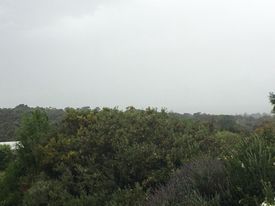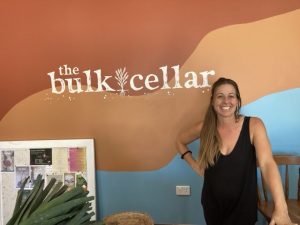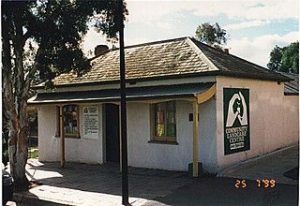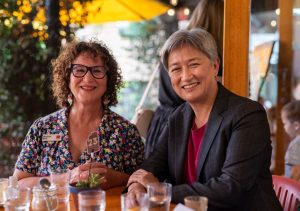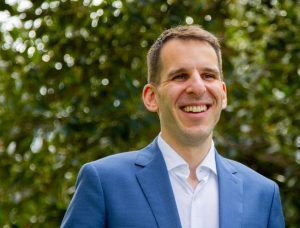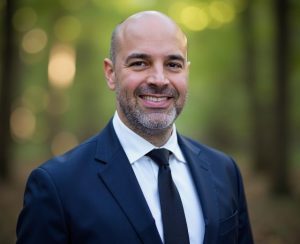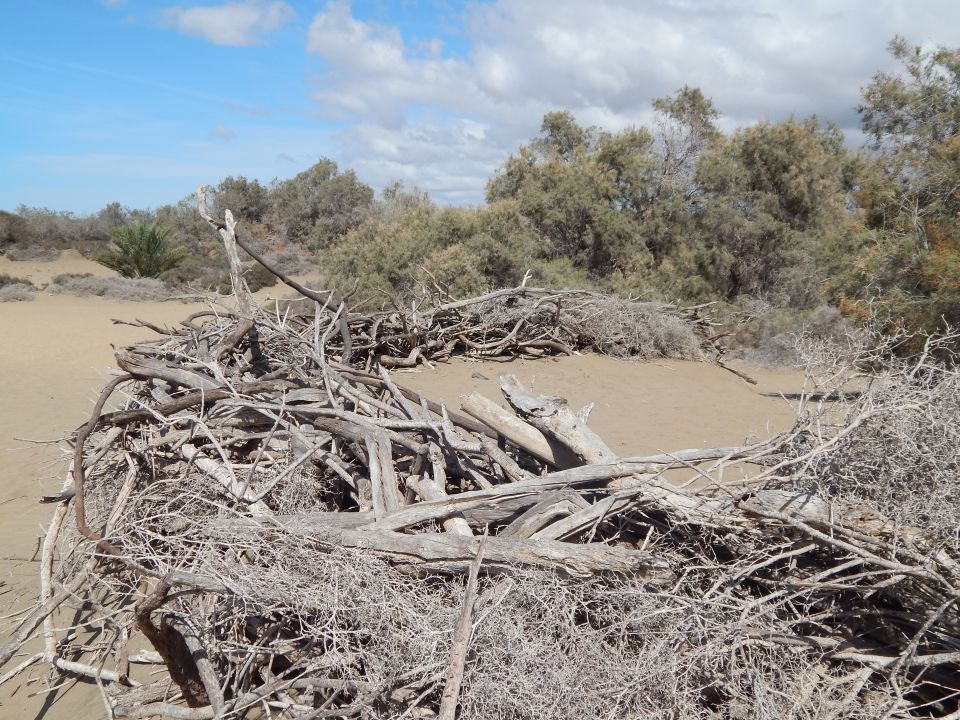
Casual sexual encounters on holidays make for lifelong memories, but the imprint left behind can be less desirable.
Sex tourism is a big drawcard for exotic holidays around the world, including the Canary Islands off the coast of Spain, where coastal and dunefield ecologists and geomorphologists are warning of widespread damage to the fragile landscape.
The experts from the Universidad de Las Palmas de Gran Canaria (ULPGC) and Flinders University have selected a well-known gay tourism location in the Canary Islands to highlight the environmental impacts on a protected coastal location used for ‘cruising’.
Gran Canaria is a popular gay tourism destination in Europe, with many resorts appealing to this lucrative market located near the Dunas de Maspalomas Special Nature Reserve.
Human activities have a considerable impact on arid dunefields, and ecosystem management is critical for future generations to enjoy such locations, says Dr Leví García-Romero, first author of a new article in the Journal of Environmental Management.
“We have no intention to criticise the actions of some of the LGBTI community,” he says. “Our fieldwork, collated in geographic information system (GIS), studied 298 sex sports on an area 5763.85m2 of these arid coastal dunefields,” says Dr Garcia-Romero, from the ULPGC Institute of Oceanography and Global Change.
“In this area of Gran Canaria, we found that sex sports in places of bushy, dense vegetation and ‘nebkhas’ (vegetated dune hummocks) were having a significant impact on the landforms and native plants there, including waste left behind.”
The study found 10 plant species were impacted, eight of which are native and three endemic to the hot, dry and saline type of dunes of the Canary Islands.
Researchers say ongoing research will contribute to cleanup campaigns, such as the MASDUNAS environmental project, and closer management of waste and access points into protected areas such as the Dunas de Maspalomas nature reserve – now extensively used for the ‘5 Ss’ (sand, sun, sea and sex with strangers).
“No matter what the human activity, popular coastal tourist locations need to closely monitor ecology and erosion trends,” says co-author Professor Patrick Hesp, from Flinders University, who also studies Australian arid-zone coastal and inland dunefields.
Maspalomas is not the only dune space that registers this type of activity in the world, he says, so we need to raise awareness about patterns of the effects of cruising on dune systems with environmental protection. Some sex spaces have been detected in Australia (source: https://www.gays-cruising.com)
Beach use and management can result in long-term changes in beach-dune systems, the authors warn.
“Incorporating targeted research with tourist location natural resource management can lead to more sustainable action, particularly in areas of large-scale tourism and fragile ecosystems, so future generations can enjoy these ecosystems,” says co-author Dr Luis Hernández-Calvento.
“It is also important to highlight how the environmental state of the space affects the user experience and how the environmental management measures taken can balance the socioeconomic long-term interests of the site.”
The article ‘Sand, Sun, Sea and Sex with Strangers, the “five S’s”. Characterizing “cruising” activity and its environmental impacts on a protected coastal dunefield’ (2021) Leví García-Romero, Carolina Peña-Alonso, Patrick A Hesp, Antonio I Hernández-Cordero and Luis Hernández-Calvento has been published in the Journal of Environmental Management (Elsevier) DOI: 10.1016/j.jenvman.2021.113931
Acknowledgements: This work is a contribution of projects CSO 2013-43256-R and CSO 2016-79673-R (National R & D & I Plan, Spain) co-financed with ERDF funds.
Lead authors on the paper are based at the Universidad de Las Palmas de Gran Canaria (University of Las Palmas de Gran Canaria) Institute of Oceanography and Global Change in Spain. Third author Patrick Hesp leads the Beach and Dune Systems Laboratory at Flinders University, South Australia.
The authors declare no potential conflicts of interest, nor receive financial support for the research of publication of this article.

